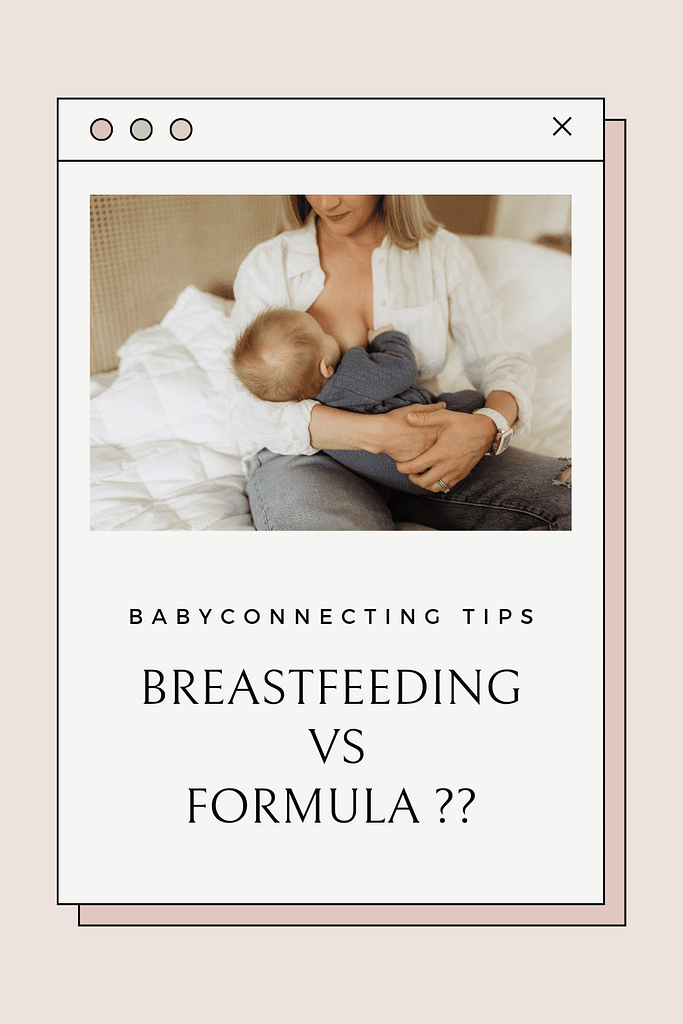Understanding Different Parenting Styles: Which One Is Right for Your Family?
Parenting is one of the most rewarding yet challenging journeys in life. Every parent wants to raise happy, healthy, and well-adjusted children, but the approach to parenting can vary widely. Understanding different parenting styles can help you identify what works best for your child’s needs, your values, and your family dynamics.
In this guide, we’ll explore:
✔ The four main parenting styles
✔ How each style affects child development
✔ Pros and cons of each approach
✔ How to find the right balance for your family
By the end, you’ll have a clearer idea of which parenting style aligns with your values and how to adapt it to support your child’s growth.
The Four Main Parenting Styles
Researchers in psychology and child development, particularly Dr. Diana Baumrind, have identified four primary parenting styles:
- Authoritative Parenting – Balanced and responsive
- Authoritarian Parenting – Strict and structured
- Permissive Parenting – Warm but lenient
- Neglectful (Uninvolved) Parenting – Detached and uninvolved
Each of these styles impacts a child’s emotional, social, and cognitive development in different ways. Let’s take a closer look at each.
1. Authoritative Parenting (Balanced & Nurturing)
✔ High expectations + high warmth
✔ Clear rules, but with flexibility
✔ Encourages independence and open communication
Authoritative parents set firm rules and boundaries, but they also listen to their child’s needs and feelings. They encourage independence while maintaining a supportive environment.
Effects on Children:
✔ Higher self-esteem and confidence
✔ Strong problem-solving and social skills
✔ Greater emotional regulation and resilience
✔ Higher academic achievement
Pros:
✔ Encourages healthy emotional development
✔ Provides structure without being overly controlling
✔ Helps children learn responsibility and accountability
Cons:
⌠Requires consistency and patience
⌠Some children may challenge authority, requiring adaptability from parents
Best for: Parents who want a balance between discipline and warmth, ensuring their child has guidance and support while fostering independence.
2. Authoritarian Parenting (Strict & Structured)
✔ High expectations + low warmth
✔ Emphasizes discipline, rules, and obedience
✔ Little room for negotiation or flexibility
Authoritarian parents enforce strict rules with little input from their child. They value discipline over discussion and expect unquestioning obedience.
Effects on Children:
✔ May develop strong work ethics and respect for authority
✔ Can be well-disciplined but may struggle with self-expression
⌠Higher risk of low self-esteem and anxiety
⌠More likely to rebel or struggle with independence
Pros:
✔ Creates structured routines
✔ Encourages respect for rules and discipline
✔ Helps children understand consequences
Cons:
⌠Can make children fearful rather than respectful
⌠Limits open communication and emotional expression
⌠May lead to low confidence and difficulty making decisions
Best for: Parents who value structure and discipline, but should consider incorporating warmth and flexibility to foster a more balanced approach.
3. Permissive Parenting (Warm but Lenient)
✔ Low expectations + high warmth
✔ Few rules or structure
✔ More of a “friend” than an authority figure
Permissive parents prioritize their child’s happiness over enforcing rules. While they are loving and supportive, they often fail to set firm boundaries, allowing children to make most decisions on their own.
Effects on Children:
✔ Strong creativity and independence
✔ High self-esteem but may lack self-discipline
⌠More likely to struggle with impulse control and responsibility
⌠Can have difficulty respecting authority or rules
Pros:
✔ Creates a nurturing, supportive environment
✔ Encourages creativity and self-expression
✔ Builds a strong emotional connection between parent and child
Cons:
⌠Lack of boundaries may lead to poor decision-making skills
⌠Can cause difficulty with self-control and discipline
⌠Children may struggle with responsibility and authority
Best for: Parents who value a close emotional bond with their child but should consider setting clear expectations to promote responsibility and structure.
4. Neglectful (Uninvolved) Parenting (Detached & Unengaged)
✔ Low expectations + low warmth
✔ Minimal guidance, supervision, or emotional connection
✔ Children often fend for themselves
Neglectful parents provide little to no guidance, emotional support, or structure. This style is often unintentional and may result from stress, mental health struggles, or lack of parenting knowledge.
Effects on Children:
✔ May develop strong independence out of necessity
⌠Higher risk of low self-esteem and emotional distress
⌠May struggle with relationships and academic performance
⌠More likely to engage in risky behavior
Pros:
✔ Encourages independence, but not in a healthy way
Cons:
⌠Lack of parental involvement can lead to emotional and behavioral issues
⌠Children often feel unloved and unsupported
⌠Higher risk of academic struggles, anxiety, and depression
Best for: This style is not recommended. If you find yourself struggling to be emotionally or physically present for your child, seeking support from family, therapists, or parenting groups can help create a more nurturing environment.
Which Parenting Style Is Right for Your Family?
There is no one-size-fits-all approach to parenting. Many parents blend elements of different styles depending on their child’s personality, their values, and life circumstances.
How to Find the Right Balance
✔ Mix Structure with Warmth – A combination of clear rules and emotional support leads to well-rounded children.
✔ Adapt to Your Child’s Needs – Some children thrive with structure, while others need more independence.
✔ Encourage Open Communication – Regardless of parenting style, listening to your child fosters trust and emotional security.
✔ Be Flexible – Parenting is a learning process, and adjustments are normal and necessary.
If you’re unsure where to start, authoritative parenting is often recommended by experts because it balances discipline with warmth, leading to positive long-term outcomes.
Final Thoughts: Parenting Is a Journey, Not a Formula
Every child is unique, and there is no “perfect” way to parent. The best parenting style is one that meets your child’s emotional, developmental, and social needs while aligning with your personal values.
Key Takeaways:
✔ Authoritative parenting offers the best balance of structure and warmth.
✔ Authoritarian parenting enforces discipline but may lack emotional connection.
✔ Permissive parenting nurtures creativity but can lead to poor self-discipline.
✔ Neglectful parenting is harmful and should be avoided.
The most important thing is to be present, supportive, and adaptable. Parenting is a journey, and as long as you prioritize your child’s well-being and emotional growth, you’re already on the right path.

